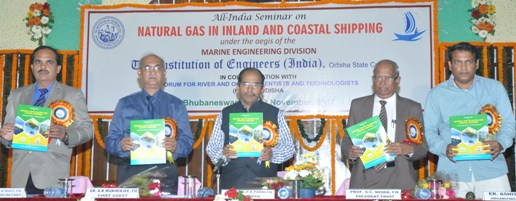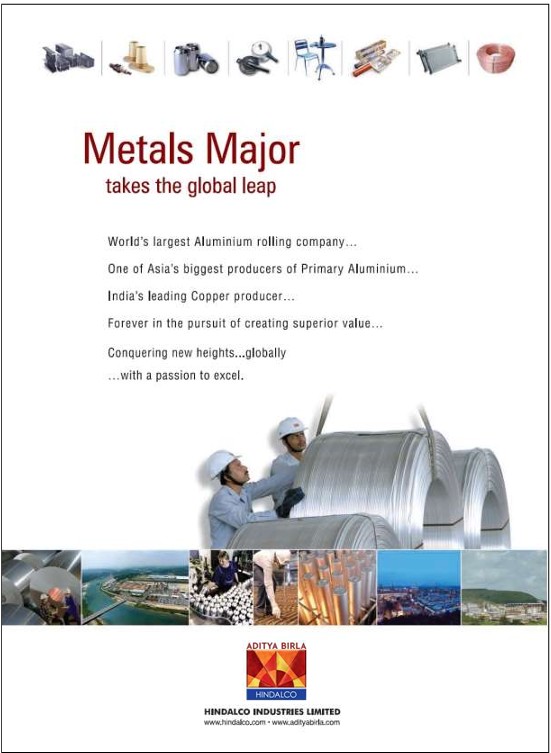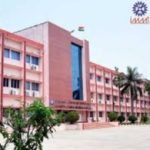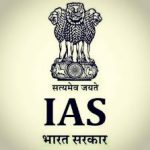 Bhubaneswar: Chairman of the Marine Engineering Division of Institution of Engineers (India) Atanu K. Mukherjee inaugurated the two-day national seminar on ‘Natural Gas in Coastal & Inland Shipping’, organized jointly by the Forum for River and Ocean Scientists & Technologists (Frost) and Institute of engineers (India), Odisha State Centre with the support of DRDO and Ocean Sparkle, here on Saturday.
Bhubaneswar: Chairman of the Marine Engineering Division of Institution of Engineers (India) Atanu K. Mukherjee inaugurated the two-day national seminar on ‘Natural Gas in Coastal & Inland Shipping’, organized jointly by the Forum for River and Ocean Scientists & Technologists (Frost) and Institute of engineers (India), Odisha State Centre with the support of DRDO and Ocean Sparkle, here on Saturday.
Mukherjee said, India has more than 5400 km of coast line in peninsular India and more than 2100 km of coast line around the islands and 4500km of navigable waterways. With demand for natural gas increasing rapidly in the country for road transport, energy generation and other industrial uses, it has become imperative to move natural gas along the coast and also in the rivers. The government as well as the private sector are investing large amount of funds in building LNG storage, retrieval and re-liquefaction plants along the Indian coast. An LNG infrastructure facility is planned to come up in the port city of Dhamra in Odisha.
Chairman of Naval Research Board and president of Frost SC Mishra presided over the inaugural meeting.
Eminent speakers like professors R P Gokarn, S K Sarangi and A E Kishor, professionals such as A Ganguly, Capt Subhedar, Capt B Mahapatra, Capt I V Solanki and J Dasgupta will speak on various topics like installation facilities, ships and barges, logistics of LNG carriage and design issues over the two days.
India has embarked on a massive development of liquefied natural gas (LNG) terminal facilities along the coast investing an amount of Rs 25000 to Rs50000 crores in last few years.The terminal facilities are coming up in Gujarat (Mundra port in Gulf of Katchch, Dahej and Hazira), Maharastra (Dabhol and Jaigarh), Kerala (Kochi), Tamilnadu (Ennore), Andhra Pradesh (Kakinada), Odisha (Dhamra) and West Bengal (Haldia). The facilities planned are varied type including floating and port based facilities for storage, regassification and transportation. It is well known that LNG burning for power generation in ship propulsion reduces carbon footprint compared to liquid or solid fossil fuels. Natural gas needs to be transported along the coast and perhaps to hinterland through integrated transportation system consisting of ships, barges, railways, roadways and pipelines. It is the objective of the present seminar to highlight the developments that are taking place to the larger technical community and also the problems and weaknesses in natural gas related issues to find suitable solutions.
Seafarers’ association of Odisha (SAO) is also actively involved in the seminar.






